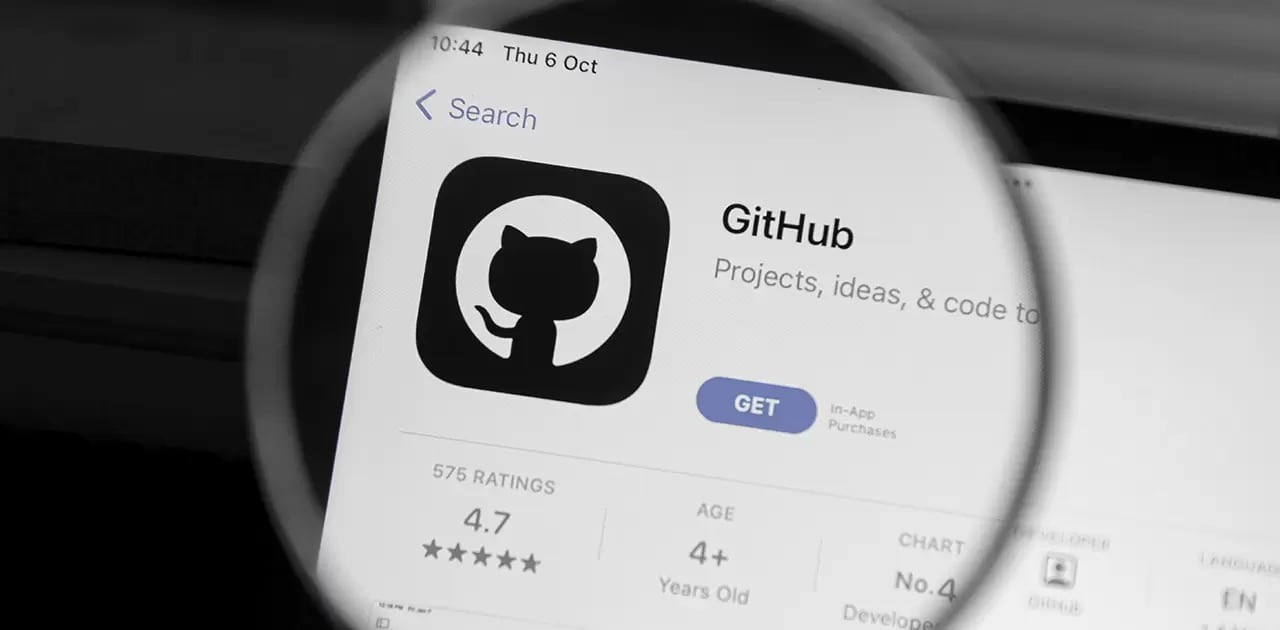I was already excited about Azure Windows Virtual Desktop (WVD) and the opportunities from having...
Tips & Tricks for Elevating your GitHub Game

GitHub is a web-based platform that provides hosting for software development and version control. It's a critical tool for software developers, as it enables them to manage their code, collaborate with other developers, and store their work in a centralized repository. In this article, we will go over some best practices for using GitHub effectively. Whether you're a seasoned software developer or just getting started, these tips will help you to get the most out of this powerful platform.
Understanding GitHub Workflow:
Setting up a GitHub account is the first step in using the platform. Once you've created an account, you can start creating repositories for your projects. You can add collaborators to your repositories, which will allow others to contribute to your codebase. It's important to familiarize yourself with the GitHub interface, as this will make it easier for you to manage your repositories and work with others.
Best Practices for Collaboration on GitHub:
One of the key features of GitHub is its ability to support collaboration between developers. To make the most of this feature, it's essential to understand how to use branching and merging effectively. This will allow you to create separate branches of your codebase for different features or bug fixes, and merge them back into the main codebase when they're ready. The code review process is also critical to ensuring that your code is high quality. You can use pull requests to solicit feedback from other developers, and resolve any issues that arise. Communication with collaborators through issues and pull requests is essential, so be sure to stay engaged and responsive to others' needs. Documentation is also key to effective collaboration. Make sure to include clear and concise explanations of what your code does and how it works, as well as any other relevant information.
Managing GitHub Repositories:
Keeping your repositories organized is critical to ensuring that you can manage your code effectively. Regularly updating your code and documentation is important, as this will help you to keep your codebase up-to-date and maintain the quality of your work. Labelling and milestones can help you to keep your repositories organized, and tools like GitHub Actions can automate tasks, freeing up your time to focus on other tasks. Security and backup are also critical considerations, so be sure to implement best practices to protect your data.
Conclusion
In conclusion, GitHub is a powerful platform that provides a range of tools to support software development and collaboration. Understanding how to use these tools effectively is key to making the most of the platform. Whether you're a seasoned developer or just starting out, the tips outlined in this article will help you to get the most out of GitHub. Remember to stay engaged and continue learning, as this will help you to continue improving your skills and using GitHub effectively.
For more information on GitHub and its features, be sure to check out the GitHub documentation. There is also a range of resources available to help you learn more about the platform and how to use it effectively. Whether you prefer online tutorials, video courses, or other resources, you're sure to find something that will help you to get started.




